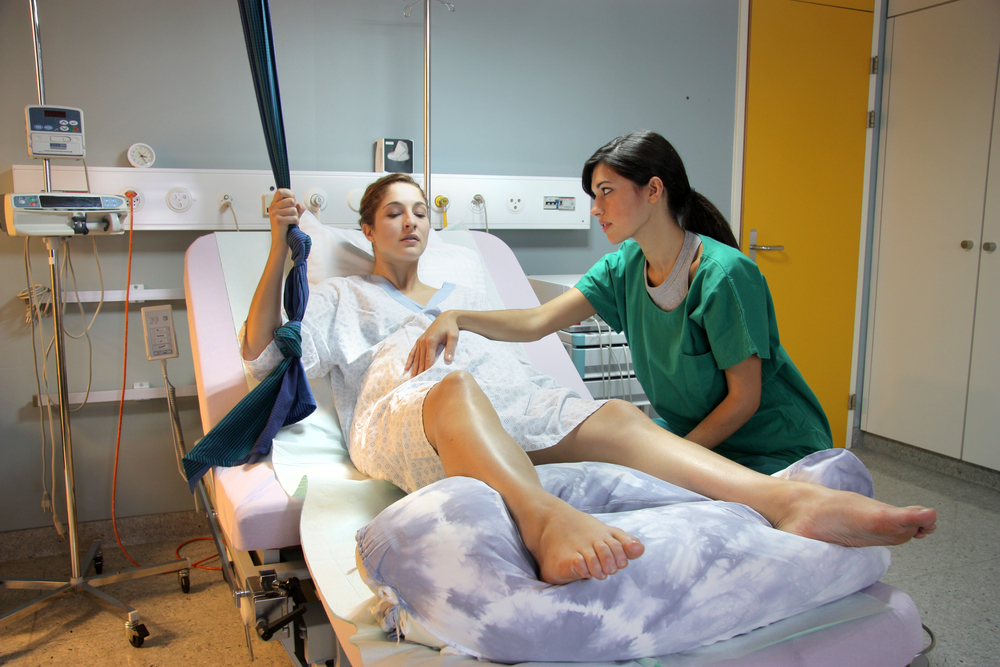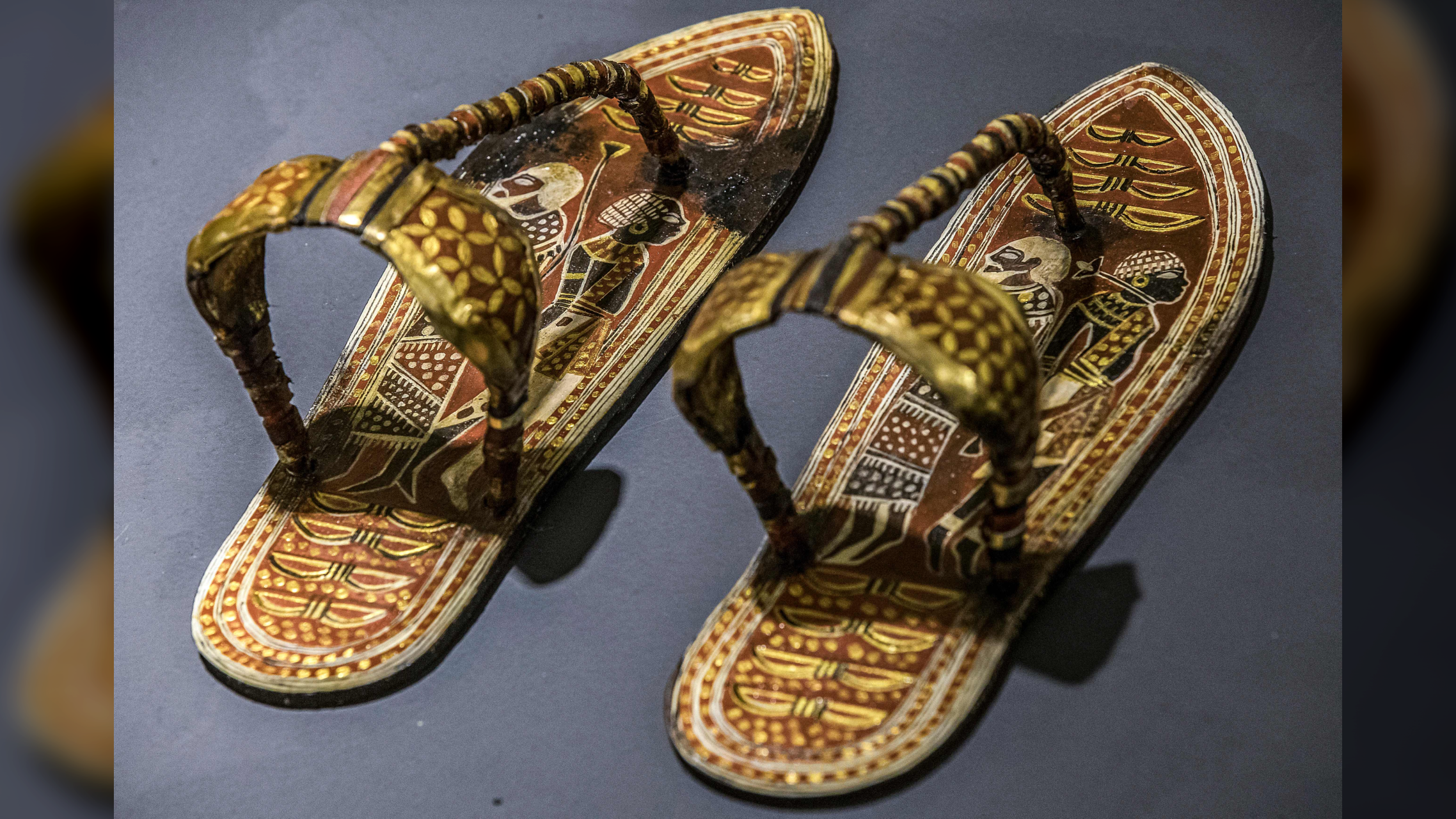Is Hypnobirth the Next Childbirth Fad?

Get the world’s most fascinating discoveries delivered straight to your inbox.
You are now subscribed
Your newsletter sign-up was successful
Want to add more newsletters?

Delivered Daily
Daily Newsletter
Sign up for the latest discoveries, groundbreaking research and fascinating breakthroughs that impact you and the wider world direct to your inbox.

Once a week
Life's Little Mysteries
Feed your curiosity with an exclusive mystery every week, solved with science and delivered direct to your inbox before it's seen anywhere else.

Once a week
How It Works
Sign up to our free science & technology newsletter for your weekly fix of fascinating articles, quick quizzes, amazing images, and more

Delivered daily
Space.com Newsletter
Breaking space news, the latest updates on rocket launches, skywatching events and more!

Once a month
Watch This Space
Sign up to our monthly entertainment newsletter to keep up with all our coverage of the latest sci-fi and space movies, tv shows, games and books.

Once a week
Night Sky This Week
Discover this week's must-see night sky events, moon phases, and stunning astrophotos. Sign up for our skywatching newsletter and explore the universe with us!
Join the club
Get full access to premium articles, exclusive features and a growing list of member rewards.
What may be the world's most closely watched pregnancy could culminate in an unusual type of birth: hypnobirth, or childbirth using hypnosis.
Kate Middleton, the Duchess of Cambridge, has reportedly chosen hypnobirth for her first child, according to the International Business Times.
The IB Times also reported that the duchess had used hypnosis to recover from her morning sickness last year. [11 Big Fat Pregnancy Myths]
Advocates of hypnobirthing claim the technique reduces — but does not eliminate — the pain of labor and childbirth, thereby decreasing the need for epidurals and other pain-management drugs.
Hypnobirthing teaches women to better understand the muscles involved in childbirth, and encourages women to use deep breathing and other relaxation techniques to reduce the anxiety and fear that can accompany childbirth.
"It's like a self-hypnosis," Joyce Poplar, a perinatal educator with the Cleveland Clinic, told CNN. "They're in a deep, relaxed, limp state." The clinic offers hypnobirth training, along with prenatal yoga and Lamaze classes.
"In this calm state, your body's natural relaxant, endorphins, replaces the stress hormones that constrict and cause pain," according to the website for the Mongan method of hypnobirthing.
Get the world’s most fascinating discoveries delivered straight to your inbox.
Does hypnobirthing work?
Despite some practitioners' enthusiasm for hypnobirth methods, there's little hard evidence to support claims that it's healthier or less painful than other types of childbirth.
A recent study from BJOG (a British journal of obstetrics and gynecology) found no differences in the use of epidurals or in the experiences of pain among 1,222 women, some of whom received hypnobirth training before delivery and some of whom did not.
Another study from this year, published in Acta Obstetricia et Gynecologica Scandinavica (the official journal of the Nordic Federation of Societies of Obstetrics and Gynecology), reported that self-hypnosis during childbirth "failed to show any effects on duration of childbirth and other birth outcomes," including preferences for future birth methods.
And a 2012 Cochrane Review of seven hypnobirth research trials found "there are still only a small number of studies assessing the use of hypnosis for labor and childbirth. Although the intervention shows some promise, further research is needed before recommendations can be made regarding its clinical usefulness for pain management."
Any prep is useful
Nonetheless, the training may be helpful for many expectant mothers. "Any sort of childbirth prep that a mother will undergo is useful from a medical and anesthesiologist's point," Dr. Craig Palmer, professor of anesthesiology at the University of Arizona Health Sciences Center in Tucson, told CNN.
As far as the Duchess of Cambridge's preferred birthing options, Buckingham Palace is keeping mum. "We appreciate it's a happy occasion, but there are some matters which should remain private to the duchess," a spokesman told the IB Times.
Follow Marc Lallanilla on Twitter and Google+. Follow us @livescience, Facebook & Google+. Original article on LiveScience.com.

 Live Science Plus
Live Science Plus










